T: 01822 851370 E: admin@sparse.gov.uk
RSN Voices Serious Concerns Over ‘Fairness’ Of Settlement
Read here...
August Edition of Casebook from the Rural Health and Care Alliance
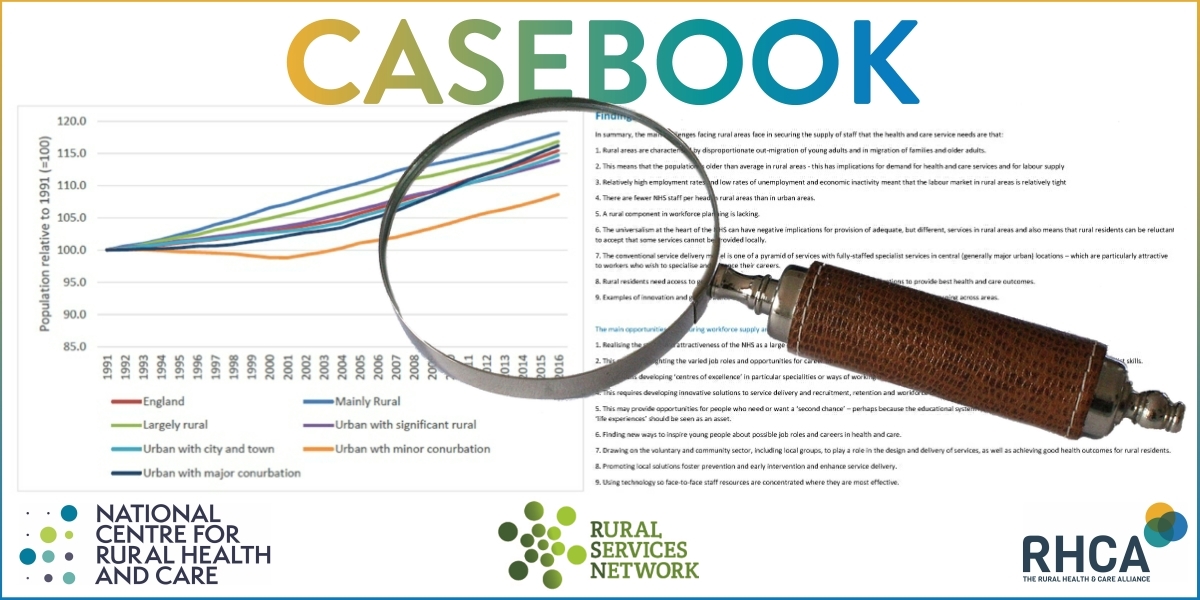 August 2025 Edition
August 2025 Edition
Welcome to this month's edition of Casebook in which we look at the cost of delivery and impact of unfair funding in rural areas, as highlighted in the recent response submitted by the Rural Services Network to the latest Government Fair Funding consultation. We also share Community Catalyst’s views on the 10 Year Health Plan; The Patient Association’s call for input on safeguarding; and the latest Digital Poverty Alliance campaign for digital inclusion. We also extend an invite to the National Rural Conference and an online session on rural health and care at which we will be focusing on tackling health care inequalities and building resilience. Read on!
Fair Funding: RSN Makes The Case For Rural Local Authorities
 The Rural Services Network (RSN) has submitted its response to the Government’s Fair Funding 2.0 consultation, which closed on 15 August. The RSN is the only national body dedicated to campaigning for fairer funding for rural local authorities.
The Rural Services Network (RSN) has submitted its response to the Government’s Fair Funding 2.0 consultation, which closed on 15 August. The RSN is the only national body dedicated to campaigning for fairer funding for rural local authorities.
This consultation is significant, as it will shape the future of local government funding for years to come. In preparing its response, the RSN gathered views from member councils and organisations across rural England.
Our message to Government is clear: the additional costs of delivering services in rural areas go far beyond extra travel time. Funding models must take into account the full range of challenges councils face — the lack of providers and the need to run services across multiple locations, to the higher costs and complexities of recruiting and retaining staff.
The reality of these challenges is clear when looking at the experience of Westmorland & Furness.
Case study: Westmorland & FurnessThis council’s experience highlights the difficulties rural areas face in commissioning and delivering essential services. For Independent Advocacy Services (IAS) for children and young people, contracts have been awarded to the same provider for the past decade. At the last tender in October 2022, no bids were received. The incumbent provider said the budget was insufficient and did not reflect inflationary pressures, while other potential providers reported it was not feasible to deliver within the budget – particularly if not already established locally. Following the failed procurement, the budget was increased, resulting in a single bid from the existing provider. Rurality and associated travel costs remain major barriers to finding suitable independent visitors to support children. Addiction services face similar challenges. Westmorland & Furness receives significantly less funding than more urban neighbours, where clients can often access affordable walk-in services. Recruitment and retention are hampered by travel demands between multiple treatment hubs, and the service must operate more buildings than an urban area to ensure coverage. Those living remotely are among the most vulnerable, yet many lack the means to travel to treatment centres in Barrow, Kendal or Penrith. Outreach is often reserved for the highest-risk individuals due to cost, creating inequities in access. Without additional funding to take services into local communities, unmet need will remain high. Cumbria’s drug and alcohol-related death rate is already significantly above the national average. Without fairer funding, engaging and retaining individuals in treatment will remain a serious challenge. |
As the national champion for rural services, the RSN will continue to press for a funding formula that recognises the full cost of rural service delivery.
Vision to action: the NHS 10-Year Plan
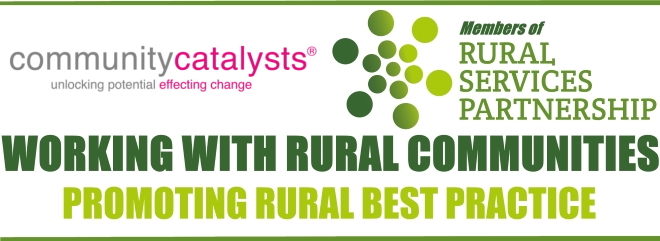 Pip Cannons, CEO at Community Catalysts, reflects on the ambitions of the NHS 10-Year Plan and what is needed to put the vision into action.
Pip Cannons, CEO at Community Catalysts, reflects on the ambitions of the NHS 10-Year Plan and what is needed to put the vision into action.

The NHS 10-Year Plan sets out a bold, ambitious vision
We are optimistic about the plan
We have been struck by the positive drive for change. To recreate, not patch up, the NHS so that it is fit for the future as a world leader in health and wellbeing. To build on its founding principles, not be held back by them.
We have also been impressed by the openness to speak to and start with the views of people who draw on the NHS. The willingness to devolve power and look beyond the NHS for solutions will transform the way people are able to access services and support, ensuring people have greater agency in their health, wellbeing and care.
We would have liked to have seen more about social care in the plan. But we remain optimistic that the pathways to align the findings of the Casey Review have been considered and hopeful that this important connectively will happen as the plan unfolds.
The proof will be in the pudding...
 Let's work together!
Let's work together!
Want to chat about working together to put the vision into action?
Contact: pip.cannons@communitycatalysts.co.uk
Patients Association Seeks Views On Safeguarding In Health And Care
 The Patients Association – a national charity that amplifies the patient voice and works to improve health and social care – is running two online focus groups to support the Health and Care Professions Council (HCPC) in reviewing its safeguarding policy.
The Patients Association – a national charity that amplifies the patient voice and works to improve health and social care – is running two online focus groups to support the Health and Care Professions Council (HCPC) in reviewing its safeguarding policy.
The focus groups, one for adults (Wednesday 27 August, 1–3pm) and one for under 18s (Thursday 18 September, 5:30–7:30pm), will gather experiences and insights that will feed into a summary report for the HCPC.
If you or your organisation works with patients who may be interested in taking part, please share this opportunity.
The expression of interest forms for adults can be found HERE.
The expression of interest form for under 18s can be found HERE.
End Digital Poverty Day 2025: Share your plans. Shape the national picture
 On Friday 12 September, people and organisations across the UK will mark End Digital Poverty Day – a national moment for coordinated, visible action.
On Friday 12 September, people and organisations across the UK will mark End Digital Poverty Day – a national moment for coordinated, visible action.
Launched by the Digital Poverty Alliance (DPA) in 2023, the day brings together communities, councils, universities, industry, charities, and individuals – all working to close a digital divide that impacts access to education, employment, healthcare, and connection.
DPA CEO Elizabeth Anderson says:
End Digital Poverty Day is not about saying the right thing – it is about surfacing what is already working, and making sure it is seen, supported, and joined up.
If you’re planning something – from a school initiative to an internal campaign or a local community event – share it with the DPA so it can be part of the national story. Confirmed activities will be featured on their website and promoted across their channels.
Find out more and share your plans: Digital Poverty Alliance – End Digital Poverty Day
Rural Health & Care – Tackling Inequalities, Building Resilience
 Rural Health & Care
Rural Health & Care
Thursday 18 September 2025 | 10:00 – 12:00
Part of the National Rural Conference 2025
Bookings now open for RSN members: View the full programme
Access to health and care is fundamental to community wellbeing – yet in rural areas, geography, resources, and infrastructure often make this a bigger challenge. This year’s Rural Health & Care session at the National Rural Conference brings together leading voices from research, frontline services, and community initiatives to explore solutions that work.
From addressing healthcare inequalities and improving access, to tackling domestic abuse, enhancing mental health support, and strengthening rural hub towns, our panel will share insights and innovations from across the country.
Whether you work in health and social care, community development, policy, or service planning, this is an opportunity to learn from practice, ask questions, and take away ideas that can be adapted to your own local context.
Meet the Speakers:
 |
Dr Christina Dobson, Senior Research Associate, Newcastle University
Christina presents findings from her research into rural residents’ experiences of health and wellbeing services – highlighting barriers to care and opportunities for change. |
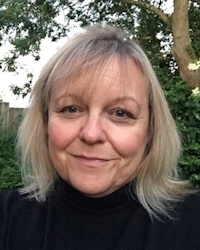 |
Judith Vickress, Domestic Abuse Consultant and Churchill Fellow, The Churchill Fellowship Judith will share how rural communities can coordinate more effectively to prevent and respond to domestic abuse, based on international learning and survivor-led approaches. |
 |
Dr Tim Sanders, Senior Clinical Lecturer in Rural Medicine, University of Central Lancashire, and Dr Chris Ford, Senior Lecturer in Accounting & Management, Lancaster University
|
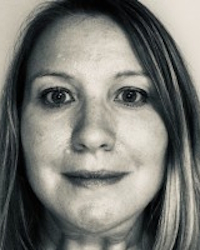 |
Lisa Farley, Head of Mental Health and Wellbeing, Young Somerset
|
This session is one of eight themed events running from 15–18 September as part of our member-exclusive conference. It’s free to attend for all eligible RSN member organisations. Sessions take place online via Zoom and you can join as many or as few sessions as you like. Our sessions are not recorded – to be part of the discussion and benefit from the interactive format, you need to be there on the day.
Don’t miss this chance to hear from sector leaders, share your own perspective, and connect with others working to improve health and care in rural communities.
Book your place now and view the full programme

We’d love to hear from you - share what you’re proud of
If you have something, you would like us to feature in a future edition, please let us know by clicking here to send us an email.
Spread the word
If you know of other organisations that you think would benefit from joining the Rural Health & Care Alliance, please click here to email us and let us know.
RURAL SERVICES NETWORK
Up to date news on Health and Care
The Rural Services Network provides a useful source of themed news content and data. Check out the latest news on Rural Access to Health and Care Services and Vulnerability, where you’ll find articles on a diverse range of rural issues affecting rural communities.
Latest from RSN Member Insights
RSN Member Insights is the place to discover the statistics that define communities within our membership. It is regularly updated with new analyses, and these will be highlighted in the 'What's New' section of the RSN's Weekly Rural Bulletin. The Rural Bulletin also provides a selection of the most rurally topical news items, so do subscribe and encourage your colleagues to subscribe to what is an invaluable weekly periodical.
| The Rural Health & Care Alliance is a membership organisation administered by the Rural Services Network on behalf of the National Centre for Rural Health & Care. Explore the RHCA service below: |
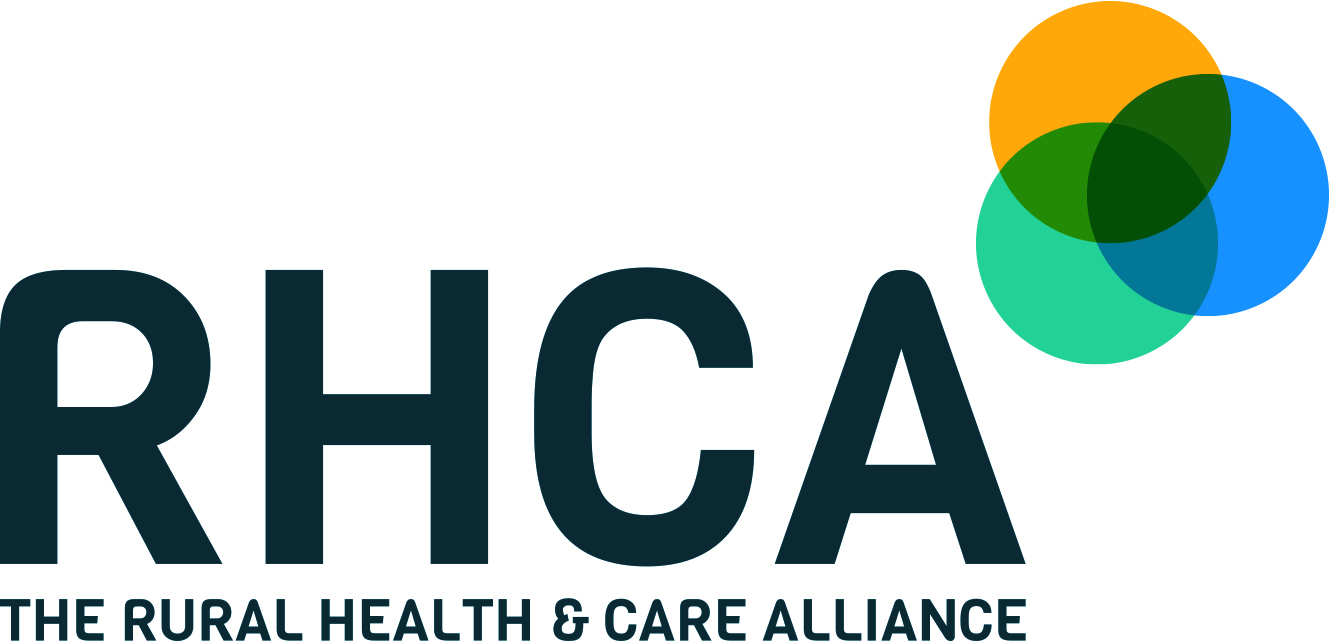 |
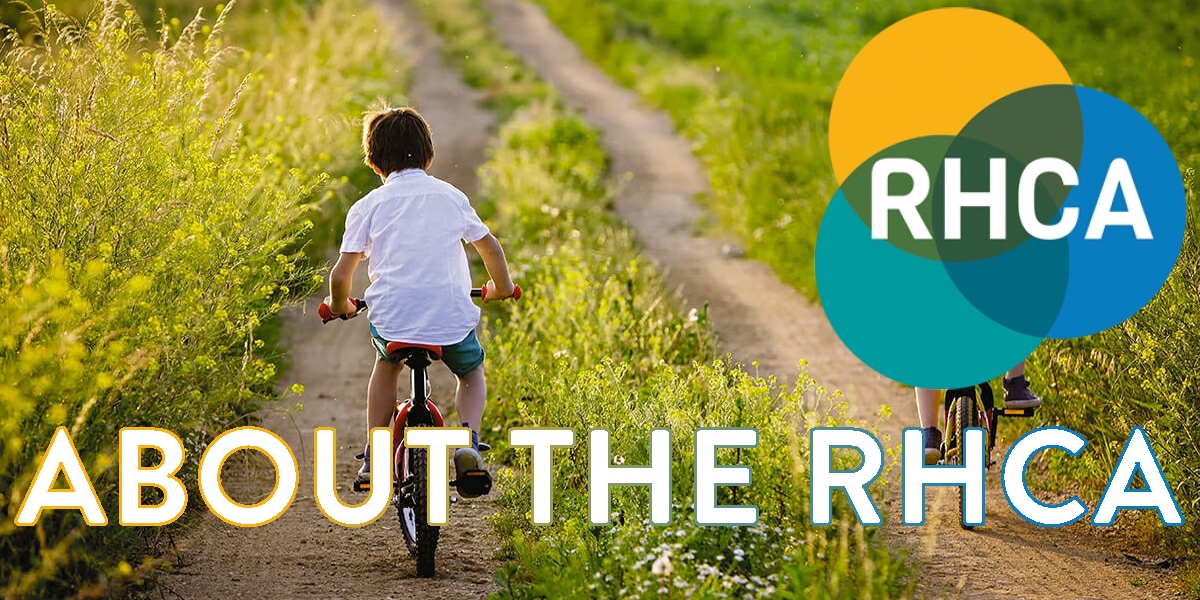 |
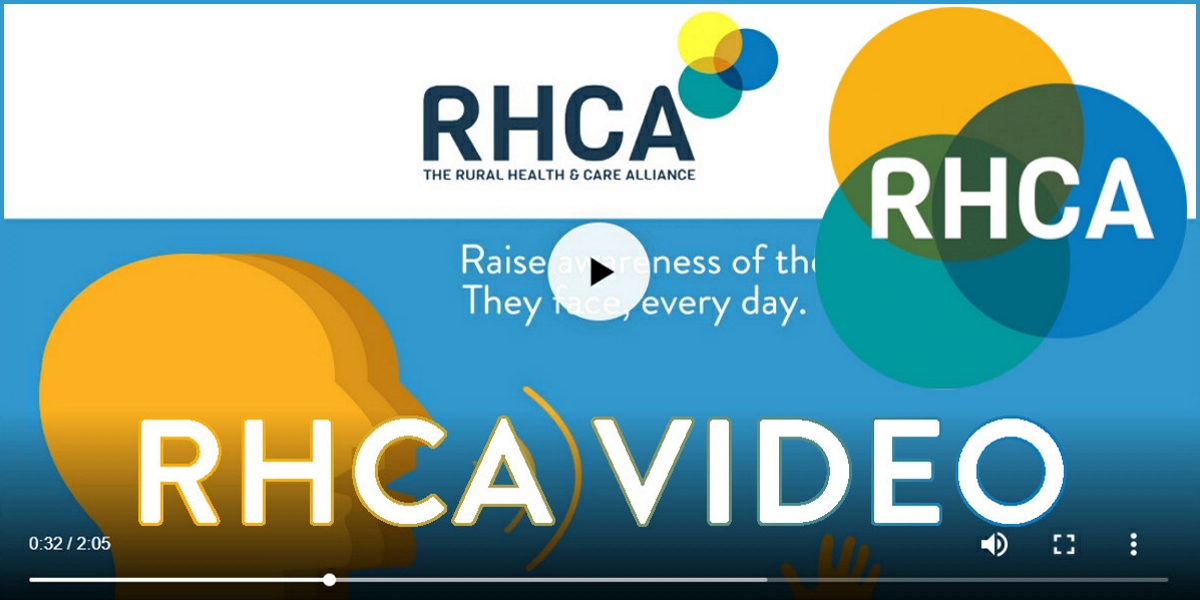 |
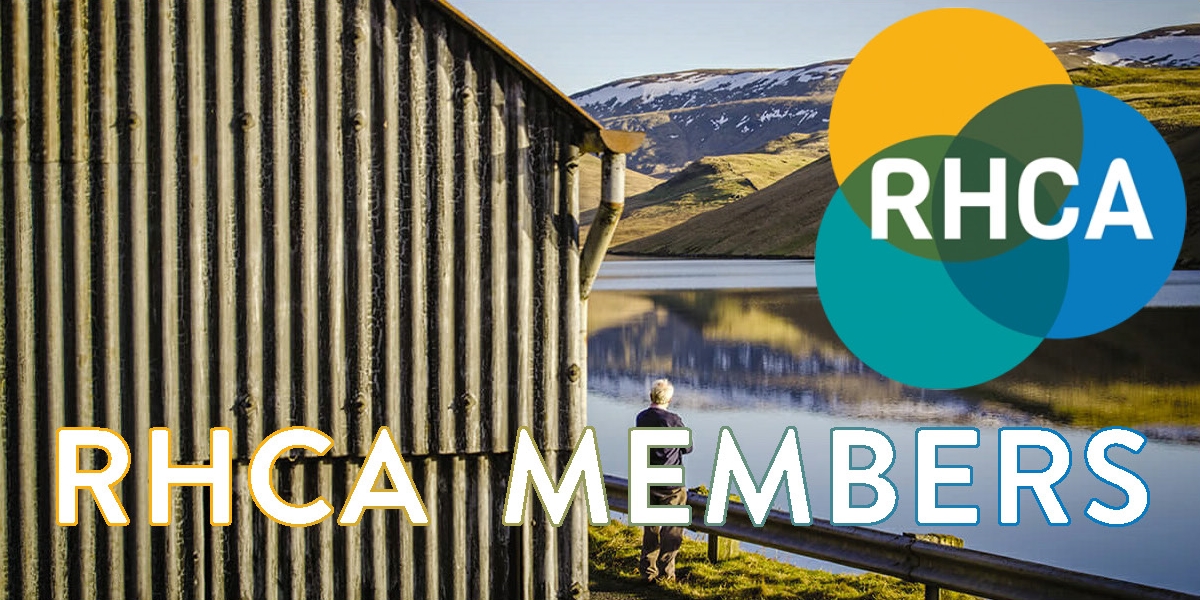 |
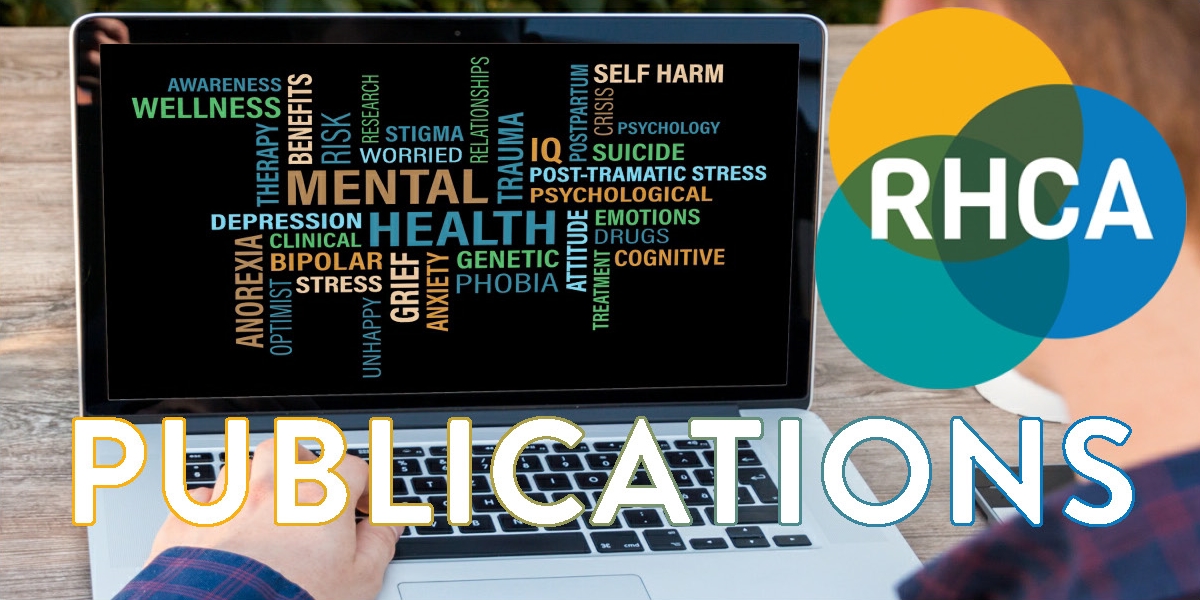 |
 |
 |
 |
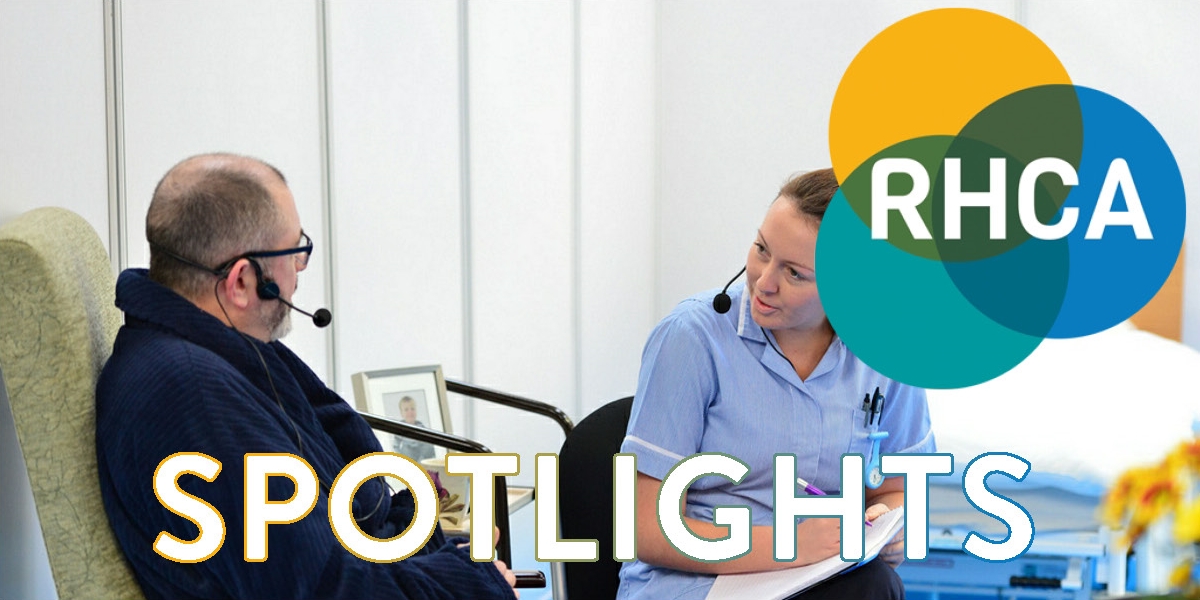 |
 |



